Looking at the calendar I can say that it must be spring. Looking at the weather forecast for tonight and tomorrow I want to say “Ish!” so it must be
Spring-ish
right now. Tomorrow with probable new snow on the ground will be a kind of April Fool’s joke, not the kind I enjoy.
So today I decided to look back through photos from years past at what spring looked like at the end of March. It was surprisingly varied. I remembered several March trips, to Hawaii in 2011, to Nebraska to see the sandhill crane migration in 2015, and to spend March – May near Ely, MN in 2017. It was great fun so I thought I would share a few of those photos in my post today.
I’m still taking daily photos of the melt in my backyard. Here are the day 1 and day 11 (today) photos of the series.
Can you believe that this is all the change I’ve seen in my backyard in eleven days at the end of March? I thought it would be worthwhile to note the changes I’ve seen so far before the predicted snow that we expect tonight. Though I am hungry for spring and my aching body knows that it needs sunshine and fresh air, I know that I cannot hurry spring’s arrival. All I can do is to watch it ebb and flow ever so slowly until finally the queen of winter cedes her reign for this year.
Handmade Photo Book News
Yesterday I met with an artist who creates hand-made paper and teaches handmade book-making classes. She is also on the faculty at the Minneapolis College of Art and Design. We looked at my experiments and discussed various alternatives for creating my hand-made photo book. I was happy to learn that my most recent experiment of attaching the pages together is a well-known method often used to create photo or art books. And after much discussion we agreed that is was the best approach for my book.
She told me that instead of using messy and difficult to manage glue to attach the tyvek used to connect pages together I can use double sided tape to attach the tyvek to the pages. And I learned that she often helps artists like me bind and finish their books. So now I have a plan and I can begin the actual creation of the book. I need to create all of the pages for the book, attaching them together using drum leaf binding (the method I didn’t even know I was using).
Once I have the pages all printed and assembled I will set up a time to meet the book artist consultant at the Minnesota Book Arts building. There she will help me select the remaining materials I need to construct the book and she will help me complete the cover and do the final assembly.
I have some more writing and design layout to do on the book which I want to do before I actually begin printing and assembling pages. But I am so excited and encouraged by what I learned from her yesterday. Onward!
Sometimes you need to ask for help
This experience is a reminder that no matter how much I might want to do something on my own, it’s often helpful to push through my fear and discomfort to ask for help. Even as a child I hated having to ask for help. My mother and I often butted heads when she offered unasked for advice. I like to think I might be a little more graceful now than I was then in accepting assistance and advice. But that’s probably not true.
A Little Inspiration
Yesterday I listened to Krista Tippett’s On Being interview, Biomimicry, an Operating Manual for Earthlings with author, Jane Benyus.
What a beautiful and inspirational conversation! Benyus defines biomimicry as, ““the conscious emulation of life’s genius.” The conversation affirmed many thoughts and beliefs that I’ve been having about the intelligence of all life forms (except, perhaps, us humans).
Nature runs on sunlight.
Nature uses only the energy it needs.
Nature fits form to function.
Nature recycles everything.
Nature rewards cooperation.
Nature banks on diversity.
Nature demands local expertise.
Nature curbs excesses from within.
Nature taps the power of limits.
— Jane Benyus
I highly recommend listening to this conversation if you need a little lift of optimism today.
People who lived really embodied in their places did biomimicry naturally. In this part of the world, they would watch snowshoe hares and they’d say, “Do you ever look at snowshoes? It kind of looks like the footprint of a snowshoe hare.” Or maybe we’re going to make a chisel and you look at the beaver’s teeth. This is not new, but I call it a re-membering. As in…
…being dis-membered. It’s a re-membering. And that’s why I say, “Name anything we can learn from the natural world.” Except maybe our ethics and our morals. But name how to communicate, how to cooperate, how to heal. Anything we’re actually trying to do, somebody on this planet has already tried to do it. And the thing for me that I think goes back to your original question is, I was hoping that the guys in the bulldozers would develop this radical empathy that I had for these organisms. Because if you spend long enough, you realize, you see them tuck their kids into bed at night.
— Jane Benyus
Are you feeling spring-ish or, “Spring-Ish!”
May you walk in beauty.
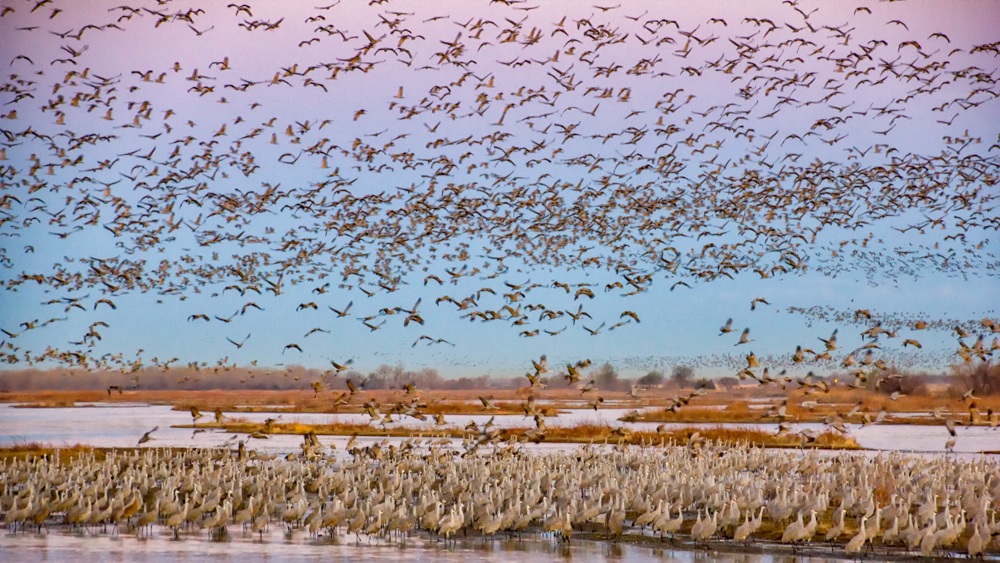
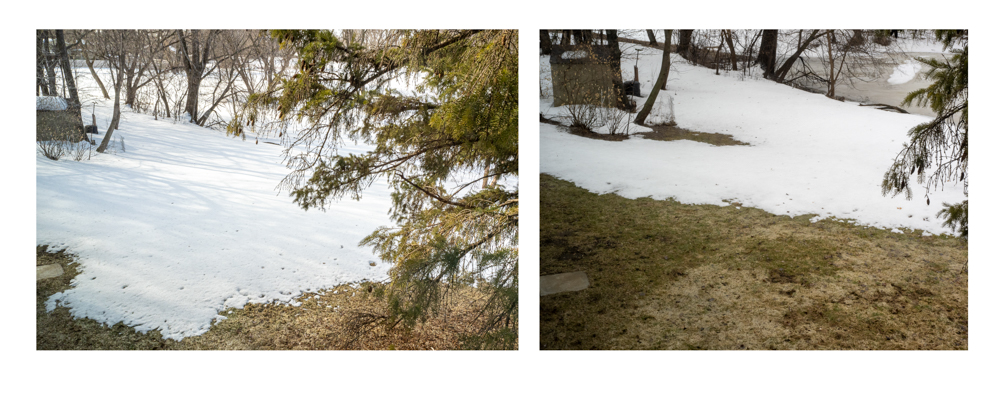
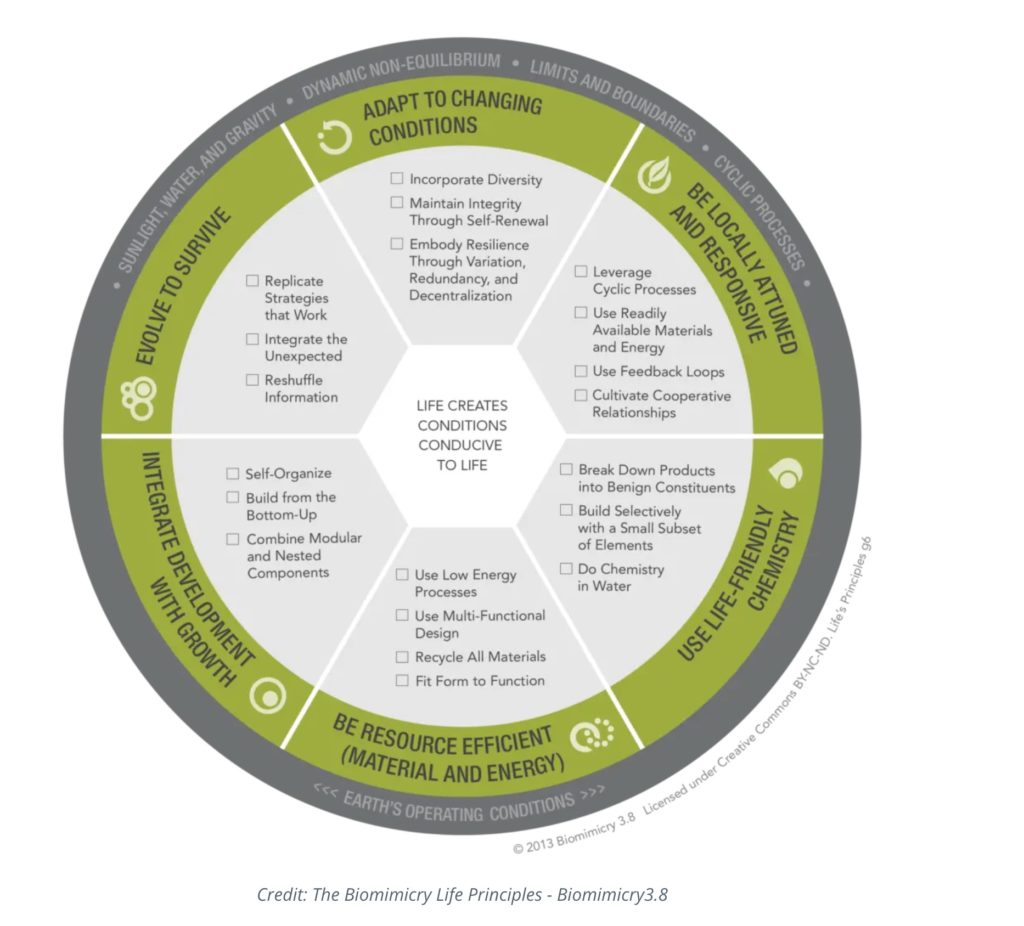
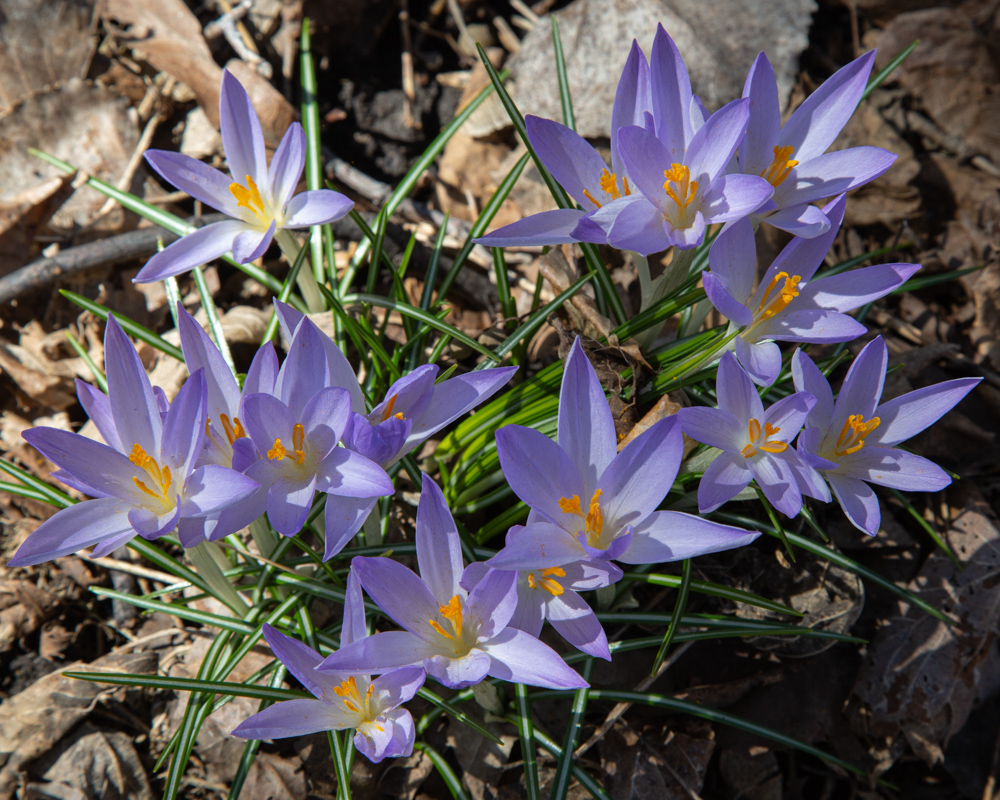
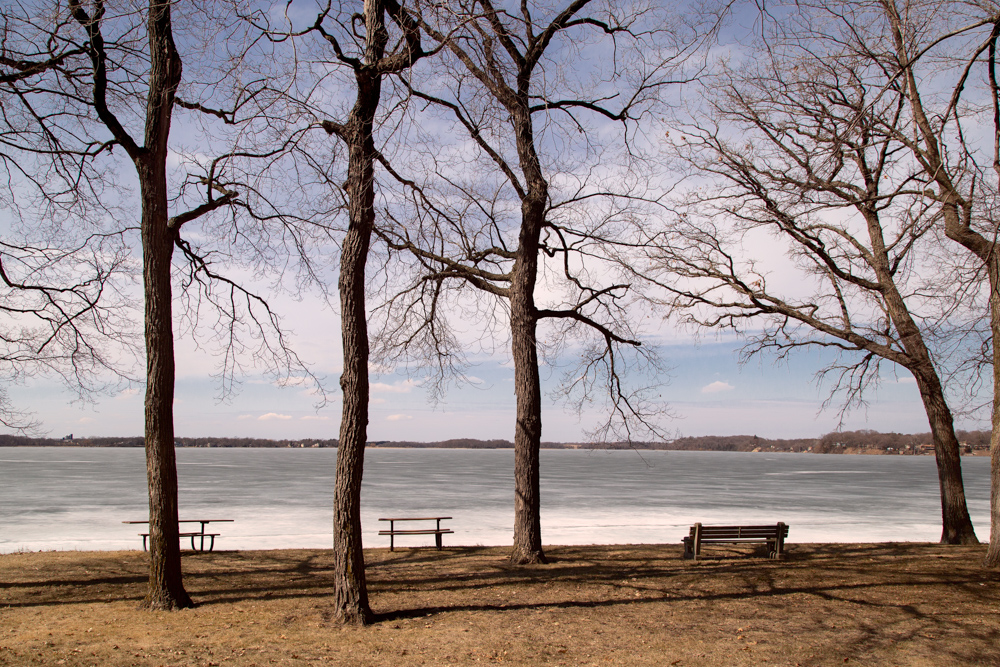
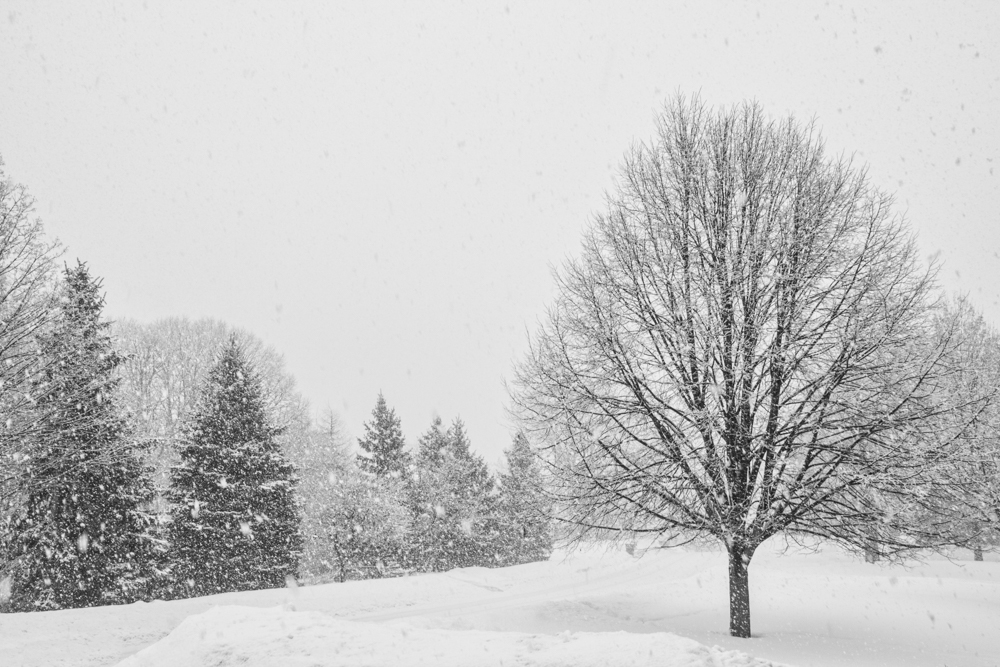
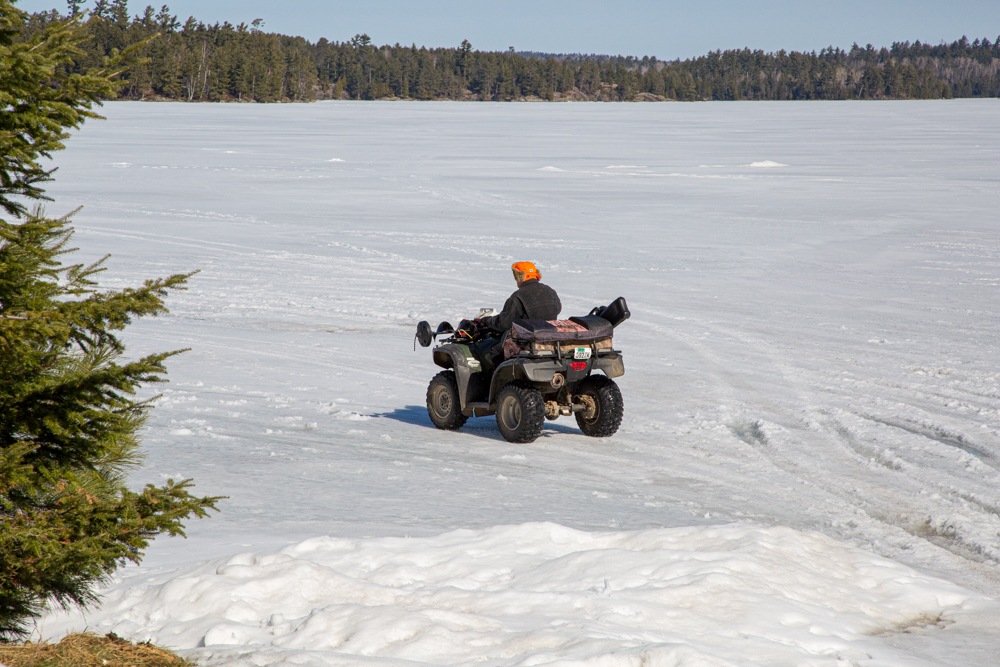
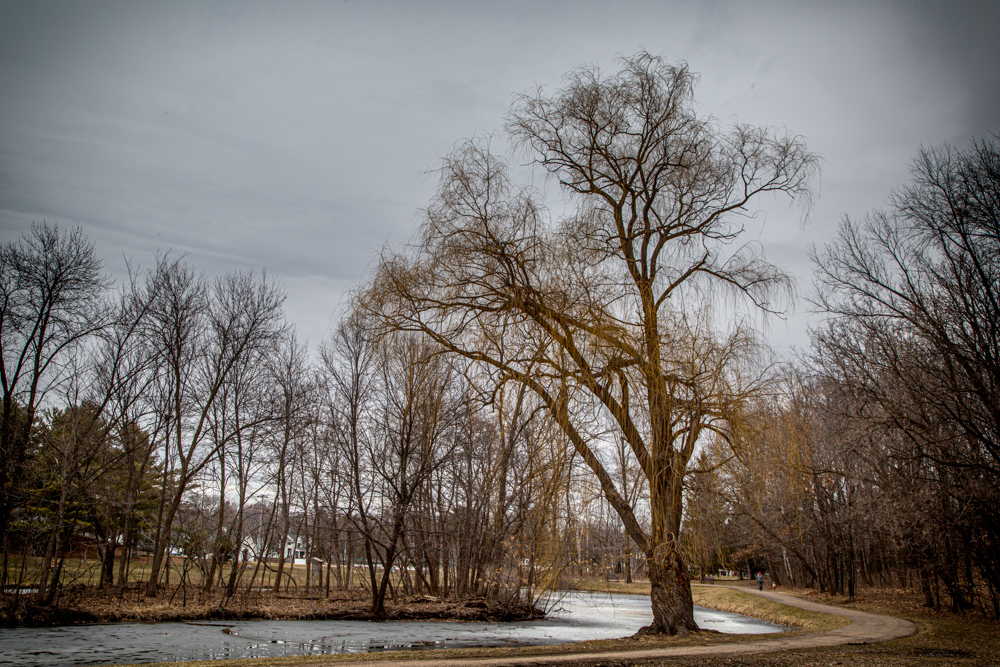
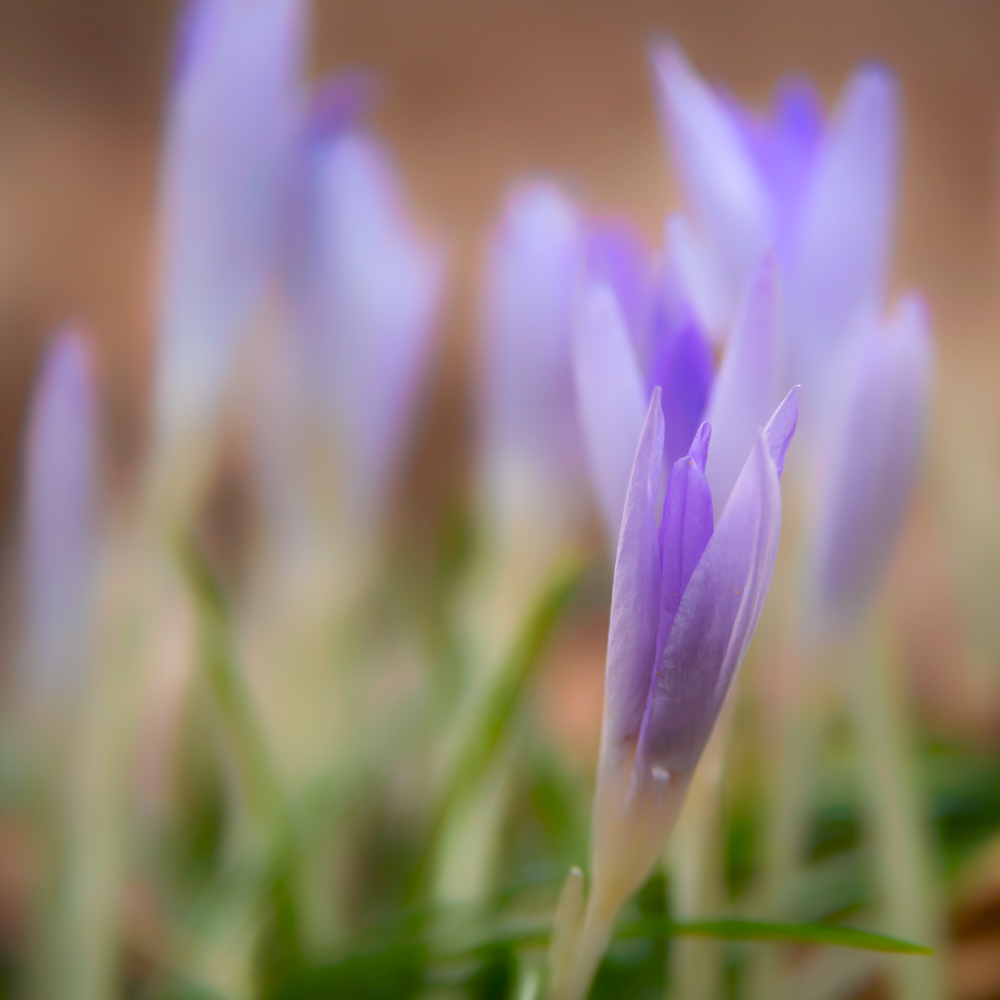
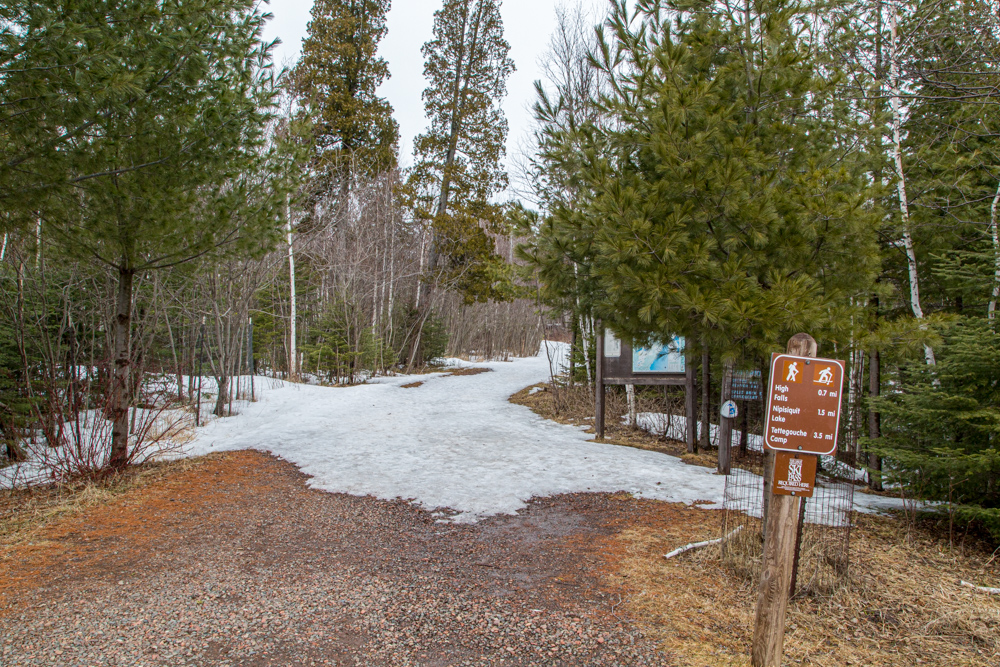
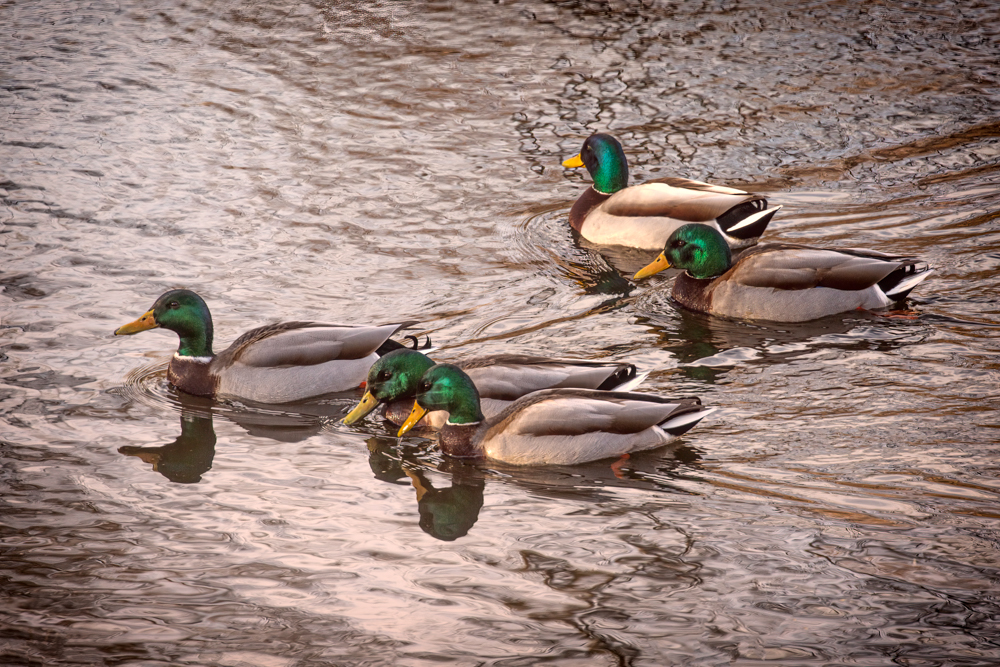
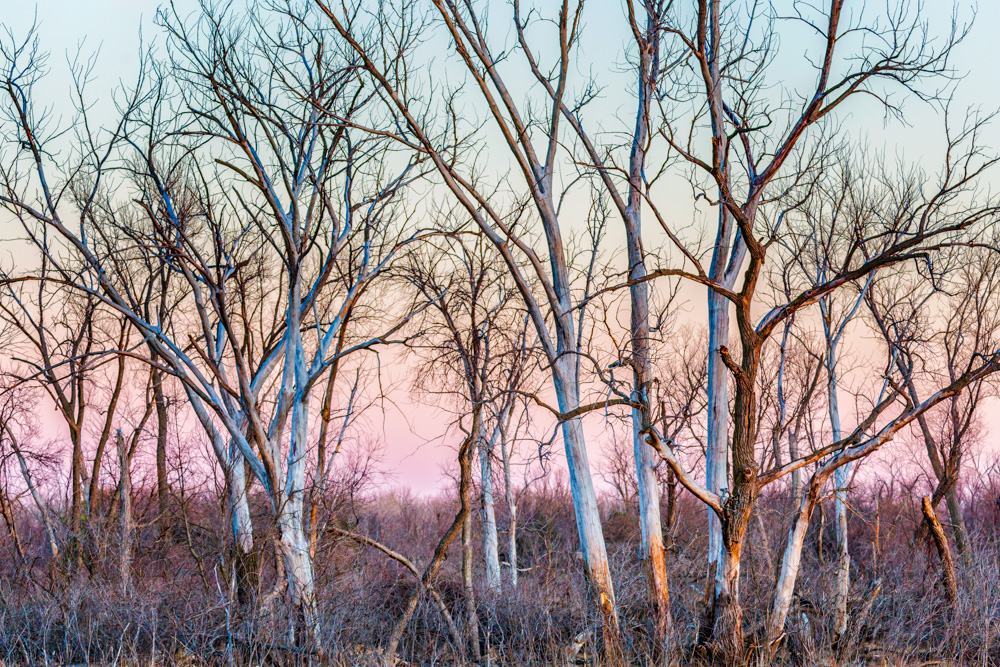
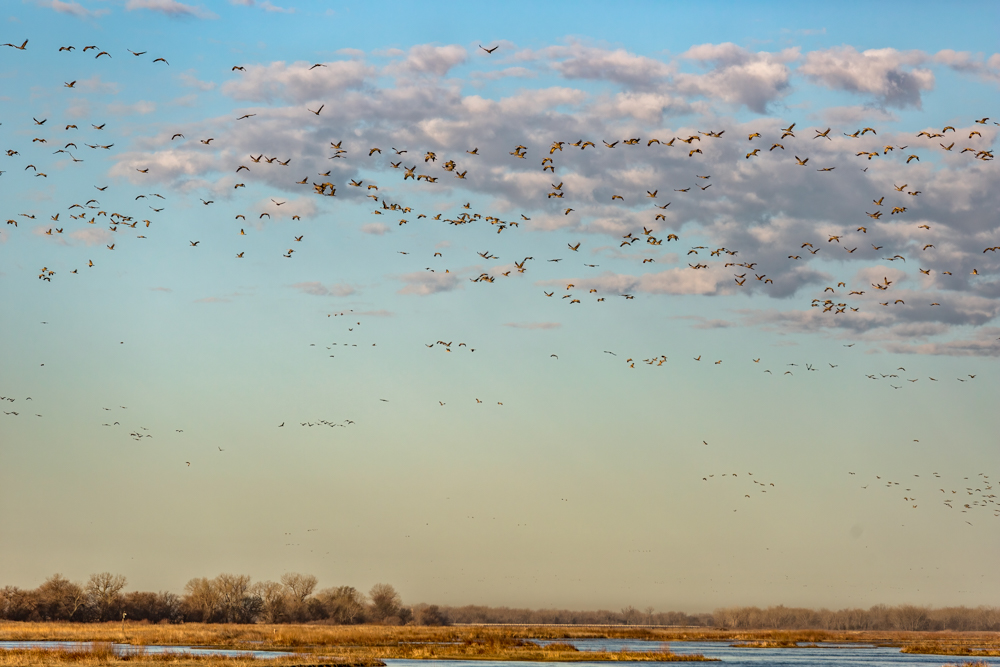
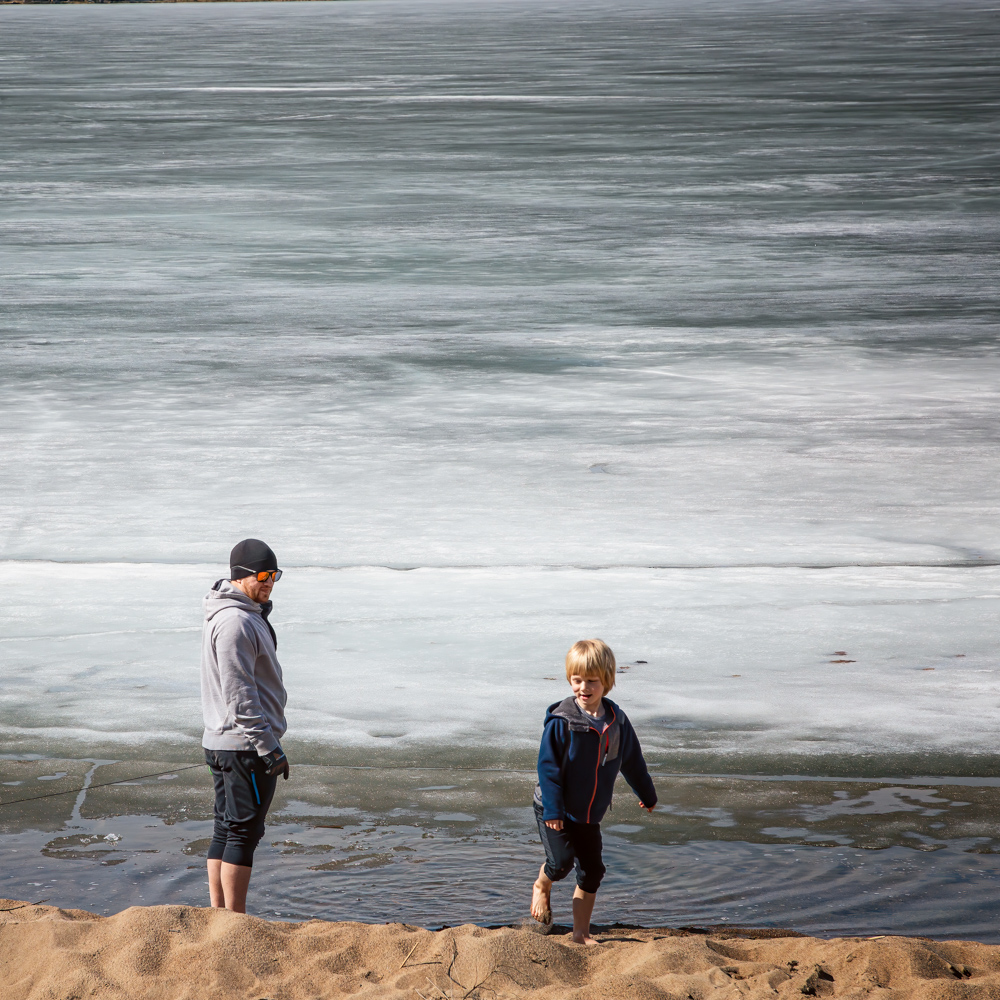
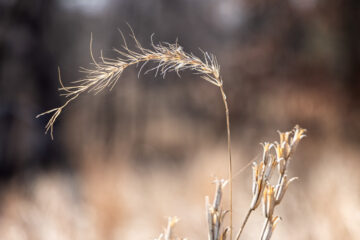
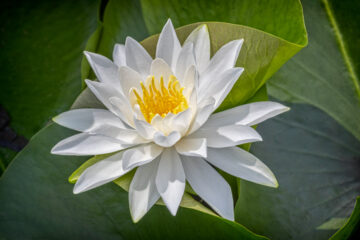
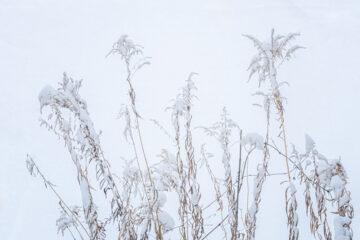
0 Comments